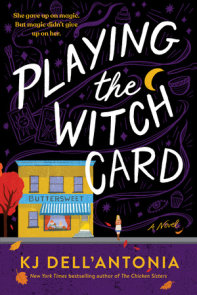READERS GUIDE
Reader’s GuideAdult Assembly Required by Abbi Waxman
Discussion Questions:
1. Laura moves to Los Angeles for grad school but has several other reasons for wanting to leave her hometown. How often do we do things for reasons other than the one we’re willing to admit to?
2. Having experienced trauma, Laura struggles with activities that used to be easy. While trauma is often depicted as having big, dramatic impacts, it can also create chronic smaller problems. How could you see this affecting everyday life?
3. These days there’s a great deal of understanding about the importance of mental health, at least in the media. However, Laura comes from a family that still views mental health problems as a sign of weakness. Have you personally noticed a change in the way your own family discusses these things, or do you think there is still stigma attached to mental health?
4. Laura falls in with a group of people who are quite different from her. Have you personally found the best support comes from like-minded people or those who bring a totally different life experience to bear?
5. At the beginning of the book, Laura is determined not to get into a relationship, because she wants to remain single for a while. What do you think are the advantages of being single, particularly when going through a life change of some magnitude?
6. Polly is somewhat scornful of Bob for being boring. How would you describe him, and do you prefer a partner who brings excitement or stability?
7. Maggie has come to regret the way she raised her daughter, and wants to restore the relationship. What role do forgiveness and acceptance play in your own family dynamic?
8. Nina Hill is a character who worries a lot about how other people perceive her. How do you think each of the characters in the book sees her? Does Laura see her in the same way Polly does, for
example?
9. At the end of the book, Laura is able to handle something she couldn’t earlier, but it is still very challenging. Is it better to force yourself to tackle a challenge, or give yourself time and space to overcome it? Is there a right way?





















